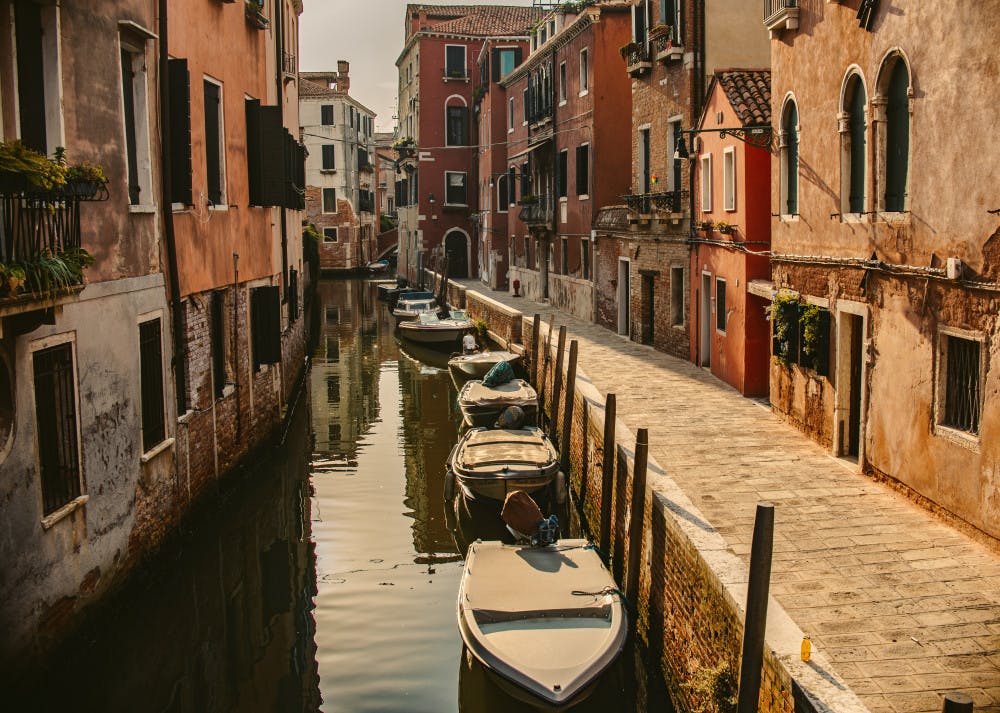By Angela Mo
Correspondent
The strict measures countries are taking to decrease the spread of the coronavirus has inadvertently decreased global pollution.
Marshal Burke, a Stanford University environmental resource economist, researched recent air pollution drops in China. According to Science Alert, Burke calculated that the lives of 4,000 children under age five and 73,000 adults over age 70 were potentially saved by the recent drops in pollution — a significant number, as breathing polluted air reduces global life expectancy by an average of three years, according to ScienceAlert.

“‘Air pollution exceeds malaria as a global cause of premature death by a factor of 19,’” Jos Lelieveld, a physicist from the Cyprus Institute in Nicosia said, according to ScienceAlert. “‘It exceeds violence by a factor of 16, HIV/AIDS by a factor of 9, alcohol by a factor of 45, and drug abuse by a factor of 60.’”
The results from the decreasing air pollution in China are seen in the Hubei province, the epicenter of the virus. Visible clouds of toxic gas vanished to show blue skies, according to CNN.
As reported by the Center for Research on Energy and Clean Air to CNN, carbon dioxide emissions decreased by at least 25 percent in China due to the strict regulations, including the halting of industrial operations and mass quarantines of the population put in place by the government in order to contain COVID-19.
The drop in pollution in the country is significant, as China annually contributes 30 percent of the world’s carbon dioxide emissions, according to CNN.
However, according to CNN, there is concern for “‘revenge pollution’” in China once the threat of the virus passes. “Revenge pollution” is a term used by Li Shuo, a senior climate policy adviser for Greenpeace East Asia, to describe the bounce-back effect that reverses the overall drop in pollutant emissions.
“‘There might be a round of economic stimulus which would inject cheap credits to heavy industries in China, and as a result of that we might see increasing pollutants and also carbon emissions in the second half of this year,’” Li said to CNN.
The unexpected environmental impact of the coronavirus is also observed in Italy, where the second largest number of cases have been reported. According to CNN, although the water quality has not improved, the water in the canals of Venice now looks clear due to the decrease in water traffic.
Satellite data also indicated that northern Italy has displayed a significant drop in nitrogen dioxide, a gas generally emitted by vehicle exhaust and power plants. In Milan, nitrogen dioxide levels and particulate matter pollution, a highly dangerous byproduct of burning fossil fuels, have significantly decreased as well, as reported by The New York Times.
Air pollution is also decreasing in the United States due to the strict social distancing and self-quarantine regulations. According to NBC, the average concentration of fine particulate matter, which are tiny, potentially dangerous particles in the air, is almost 40 percent lower than the average of the previous year in San Francisco, where the shelter-in-place order is currently taking effect.
According to NBC, over the same period of time, this average concentration of fine particulate matter decreased by 28 percent in New York City and by 32 percent in the Seattle-Tacoma-Bellevue region as well.







